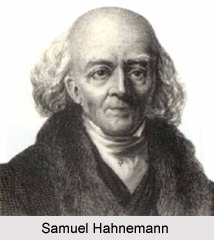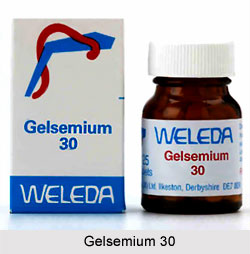The liver is a large chemical factory. The heat produced by the chemical changes taking place in it contributes greatly to the general warming of the body. The liver secretes bile, and this bile comprises salts and pigments, and aids the digestion of fats. It stores the substance necessary for the proper functioning of the bone marrow that manufactures red blood corpuscles. It also manufactures the fibrinogen of the blood, and also stores iron and copper, and detoxicates the noxious products, which are made in the intestines and absorbed into the blood. It stores carbohydrates in the form of glycogen as well. It also plays a major role in metabolism
The liver is also the largest gland in the human body. It lies below the diaphragm in the thoracic region of the abdomen. It also performs and regulates a wide variety of high-volume biochemical reactions requiring very specialized tissues. The liver is one of the largest organs in the body and one of the five major organs, which are vital to life. A malfunctioning of the liver may not become apparent immediately, unless, of course, the blood flow through it is impeded or the bile ducts are obstructed. Nor does it recover quickly once it suffers from a disorder.




